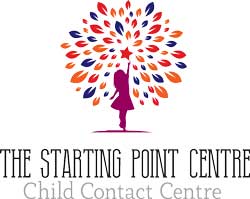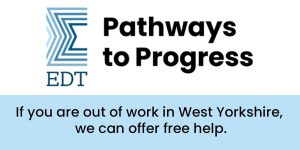Going to family court isn’t for everyone. Yet there are plenty of instances where it can lead to important issues being resolved and help to find an outcome that works in everyone’s best interests.
How do you put the children first and stop trauma when a relationship breaks down?
This article outlines key information to try to help you to stay out of court until you need to go for judgements to be rubber stamped. It is without doubt one of the hardest things to experience when a relationship breaks down. But did you know that there are steps you can take to stay out of court and remain in control, heard, and empowered and keep the children out of the process.
There are also some great conflict-resolution alternatives which include family time at a child contact centre, mediation, hybrid mediation and private FDR (Financial Dispute Resolution) judging. If you’re wondering what the best way forward is for you and your family, here are some of the positives and negatives of going through family court.
Resolve serious issues
Serious issues such as domestic abuse are often best dealt with in a traditional court setting, ensuring victims can be guaranteed protection through a court order. Alternatives such as mediation, might not be suitable in these circumstances. Equally, issues that will have a significant impact on your family’s future, such as child arrangement orders and the protection of assets can benefit from being seen by the family court. But, did you know you can have these conversations out of court first and reduce the cost and stress involved in court? It is true you will need to enter court to finalise matters and ensure equality. However, all of this information can be organised by a “Memorandum of Understanding” and an “Open Financial Summary” with a mediator. You don’t even have to see your ex-partner to move this process forward and you will pay a third of the cost.
Legally binding
When a court order is issued, the outcome is legally binding, and any decisions made are final. This can include, but isn’t limited to:
- Contact orders
- Parental responsibility orders
- Specific issue orders
- Child arrangement orders
Where important issues are concerned, this sense of finality can be reassuring – both in the here and now, and for the future. However supervised or supported contact for both parents can be put in place in fun and safe child contact centres to ensure the children get to see both parents and reduce their stress and anxiety.
Compulsory
When matters are taken to court, the defendant must turn up to the court case. If you’re dealing with a difficult or uncooperative family member, going through the family court could be the best way to reach an outcome.
However, mediators are fully trained to support with disputes and can enable all parties to talk openly with many different forms of mediation (12 choices to mediate). This process is proven to be less stressful but still tackles very difficult conversations and enables all parties to find resolutions.
Waiting time
Because of the pandemic, there’s currently a long backlog of cases waiting to be seen by the family court. This means that wait times will be longer than usual (currently 42 weeks), which is why the UK government is encouraging more people to try family mediation.
Incentivises conflict
Whereas mediation is about resolving conflicts, going through the court can damage relationships. For instance, the claims made against your ex-partner in court might cause further breakdowns in communication. It could be difficult to rebuild this trust and to work together effectively when co-parenting.
Court fees
At every step of the legal process, costs quickly add up. Court fees can be especially pricey when combined with the involvement of a legal professional, so it’s worthwhile doing some research before committing to anything.
However you decide to deal with family difficulties, we’re here to support you. If you think you could benefit from family mediation, our team of trained mediators can help you to resolve conflicts and move forward with difficult conversations.
Equally let us help you support your children who often hear or see things not necessary and can cause more anxieties unless managed. Allow our services to allow you a platform to deal with your own stresses and alleviate the stress on your children.
If you would like to talk to an advisor regarding the pros and cons of family court we are here to help.

www.thestartingpointcentre.co.uk
The Starting Point Centre,
201a Harrogate Road,
Chapel Allerton, Leeds LS7 3PT
(park in Toby Carvery car park, walk down the right-hand side and follow our signs)
Tel: 0113 246 4940
Email: [email protected]
























































